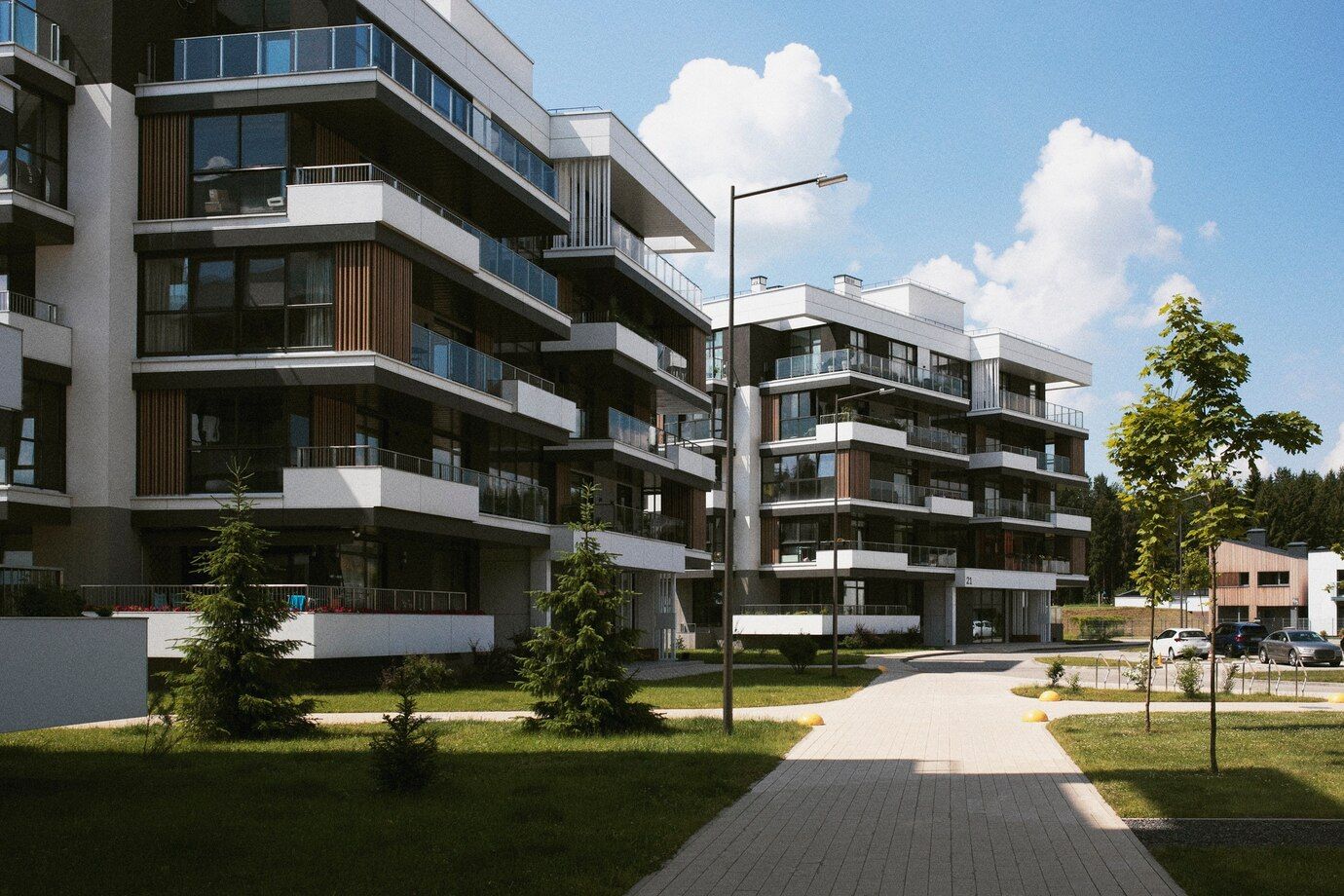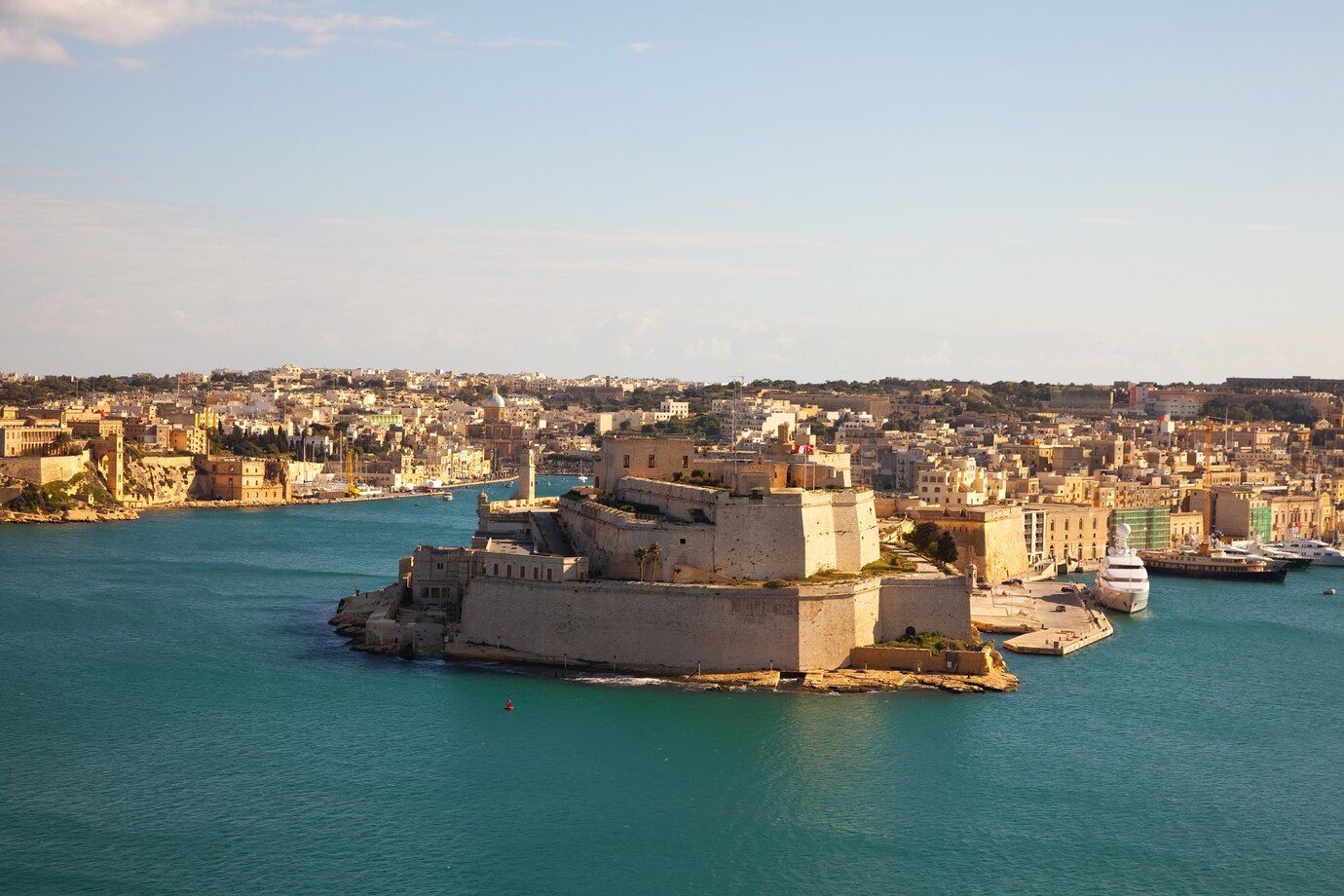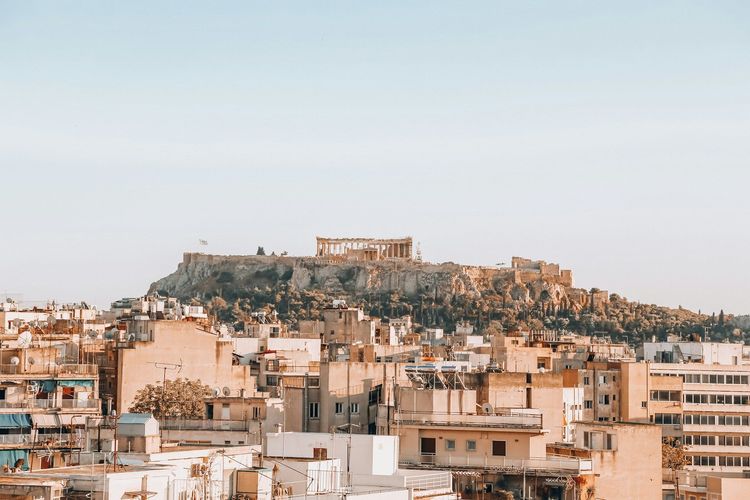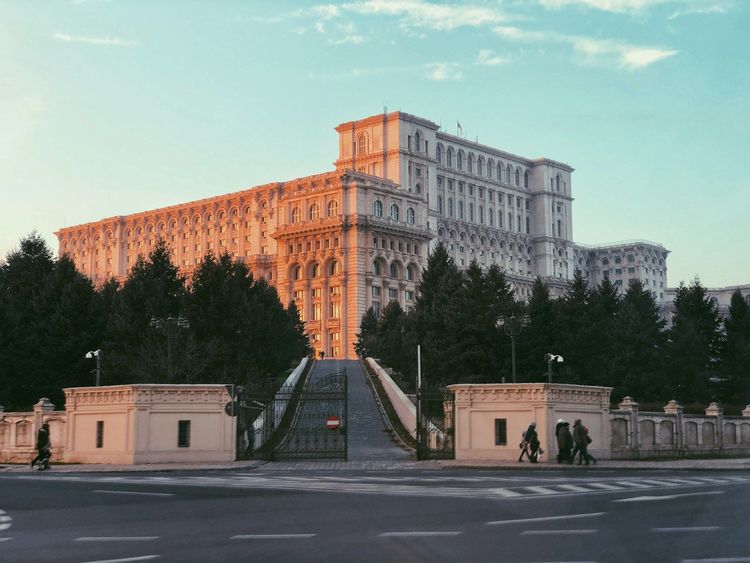Malta, a charming island in the Mediterranean Sea, attracts many expats and tourists with its mild climate, rich history and beautiful views. This small but extremely attractive country offers many opportunities for those who wish to move there. How much will it cost to live in Malta and what is the average cost?
Real Estate and Rentals
Renting a one-bedroom apartment in the center of the capital will cost an average of €800-€1,200 per month. On the outskirts, the price drops to €600-€800. Villas or houses with several bedrooms are much more expensive, from €2,000 and up. If you are considering buying a property, the price per square meter can reach €4,000-€6,000 in prestigious areas.
It is worth considering the additional costs of utilities. The average monthly cost for electricity, water and internet is around €100-€150. During the summer months, due to the use of air conditioning, this amount may increase.

Additionally, Malta has a special tax on property ownership for foreign citizens, which should also be taken into account when planning your budget. However, attractive conditions of the “Golden Visa” program make the island popular for investors.
Medical Services
Among the pros and cons of living in Malta, one cannot fail to emphasize quality medicine. The country is proud of its healthcare system, which is considered one of the best in Europe. There is both public and private medicine. Citizens and residents of the country have access to free state medical services if they have a resident card or European Health Insurance Card (EHIC).
Private clinics provide top-notch services, but costs vary. A doctor's consultation costs €15-€50, depending on the specialty. A health insurance policy is a popular choice among expats as it covers the cost of treatment in private clinics and hospitals.
Hospitals in Malta have modern equipment and doctors speak English, making communication easier for foreigners. In emergency situations one can count on prompt assistance: waiting time for an ambulance in most cases does not exceed 15 minutes.
Pharmacies are widely available in the country, where you can buy both over-the-counter and prescription drugs. The cost of medicines may be higher than in some other EU countries, so it is recommended to check prices in advance.
Food and Entertainment
Malta offers a wide variety of cuisine, from local specialties to international gastronomy. The average restaurant bill is €15-€25 per person. Dinner at a more sophisticated establishment can cost €50 or more.
Food in supermarkets is relatively inexpensive, but much depends on your preferences. For example, a kilogram of local vegetables costs about €1-€2, while imported products are much more expensive. Buying at local markets helps you save money while getting fresh and high quality produce.
For example, a kilogram of good beef will cost €10-€15 and pork €9-€10. Due to the country's modest size and climate, livestock farming is underdeveloped, so meat is almost always imported. Bread most often costs less than €1.
Since Malta is an island country, the cost of seafood here will be much lower than meat. For example, prices for fresh sea fish start from €5, depending on the species and rarity. Some types of fruits and vegetables are grown here, and their cost will be much lower than imported ones. Say, a kilogram of tomatoes will cost less than €1 and potatoes €1-€2.
Entertainment on the island includes visiting historical sites such as Mdina or Megalithic temples, as well as outdoor activities such as diving, sailing and walking along scenic trails. A movie ticket costs around €8-€10 and a visit to a museum costs €5-€15.
Malta is famous for its festivals, such as Notte Bianca and Carnival, which attract thousands of participants. Yacht parties and excursions to the neighboring islands of Gozo and Comino are also popular.
Transportation and communications
Malta's transportation system includes buses, cabs and ferries. Buses are the main public transportation and a single ticket costs €1.50-€2.00 depending on the season. A monthly pass will cost €26-€39. Cabs and car rentals are expensive options: renting a car costs €20-€40 per day and a cab ride around the city costs from €10.

Internet in Malta is fast and reliable. Mobile internet packages start from €10 per month and home internet with TV connection from €30. Connectivity through popular mobile operators such as GO and Melita is stable and affordable.
Regular ferry services are available for travel to neighboring islands, costing around €5-€10 one way. For those who prefer a bicycle, renting one will cost €10-€15 per day, but it is worth remembering that the roads on the island can be narrow and with steep climbs.
Education and family life
For families with children, Malta offers quality educational services. There are many private and international schools that teach in English. The average cost of an international school is €5,000-€10,000 per year depending on the level of education.
Higher education is represented by the University of Malta and other educational institutions. International students choose Malta for its safe environment, affordable programs and the opportunity to learn English.
Malta's standard of living is very high, plus the country is considered a safe place to live. The crime rate on the island is low, making it popular with families with children. There are also plenty of parks, playgrounds and children's areas, providing a comfortable standard of living for young families.
Malta is a great place to live, offering a balance of history, culture and modern amenities. However, living on the island requires financial planning to avoid unexpected costs. Understanding the cost of housing, medicine, food, transportation and education will help you make an informed choice and enjoy this wonderful corner of the Mediterranean.





